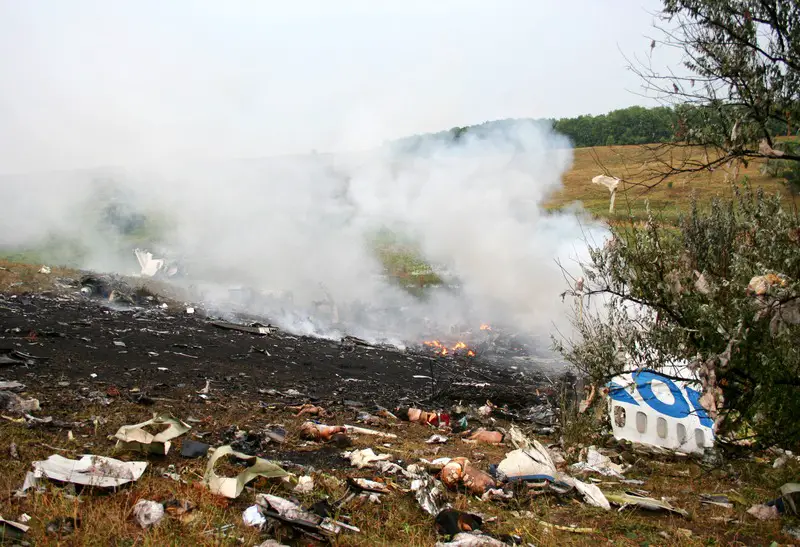On January 29, 2025, a plane crash in Unity State, South Sudan led to the unfortunate loss of 20 lives with only one survivor. The Beechcraft 1900D, run by Light Air Services, was ferrying employees of the Greater Pioneer Operating Company (GPOC) from the Unity oilfield to Juba, the capital. The crash happened within a distance of about 1,640 feet from the Unity oilfield airstrip just minutes after takeoff at about 10:30 a.m.
The Beechcraft 1900D is a twin-turboprop model that started production in 1991, evolving from the Beech 1900 whose first flight took place in 1982.
The doomed aircraft was carrying 21 individuals, 19 passengers, and two crew members. The passenger list included 16 South Sudanese, two Chinese, and one Indian national. Both crew members were Ugandan. All those aboard were associated with GPOC, a joint venture involving the China National Petroleum Corporation and South Sudan’s Nile Petroleum Corporation.
United Nations Radio Miraya initially reported 18 deaths, but later reports confirmed that two of the survivors had later died due to their injuries, raising the total fatalities to 20.
Social media images depicted the wrecked aircraft upside down in an open field with debris scattered around. Some of these images showed a body visible amid the twisted wreckage.
The same aircraft had earlier landed safely at the Unity oilfield, carrying a top GPOC official. After technicians and engineering staff boarded the return flight to Juba for a regular monthly shift, the plane crashed three minutes post-takeoff. The crash site was a bushy area, and the aircraft was significantly damaged.
Following the disaster, President Salva Kiir expressed deep sorrow and called for a quick investigation. Madut Biar Yel, the National Minister of Transport, revealed that an air crash investigation team would conduct a comprehensive site inspection and gather evidence to establish the cause of the crash. The team intends to recover the aircraft’s black box and voice recorder and send them to the United States for analysis at the manufacturer’s lab.
South Sudan has witnessed several fatal air crashes in recent years, raising concerns over aviation safety in the country. In 2015, a cargo plane crash near Juba International Airport resulted in 41 deaths.
In 2021, a cargo aircraft ferrying fuel for the UN’s World Food Programme crashed near Juba, leading to five fatalities.
In 2018, another crash near the Yirol airstrip in Lakes State claimed 20 lives. According to the Aviation Safety Network, plane crashes have caused at least 87 deaths.
Light Air Services, the operator of the crashed aircraft, is headquartered in Juba and runs a fleet of five planes. The company’s website mentions its 13-year operation history, providing aviation services within South Sudan.
The Greater Pioneer Operating Company (GPOC) consortium, which the deceased were associated with, is involved in oil exploration and production activities within South Sudan, specifically in the Unity oilfields.
South Sudan, independent since 2011, continues to grapple with economic and infrastructural challenges, including inadequate aviation safety oversight.











